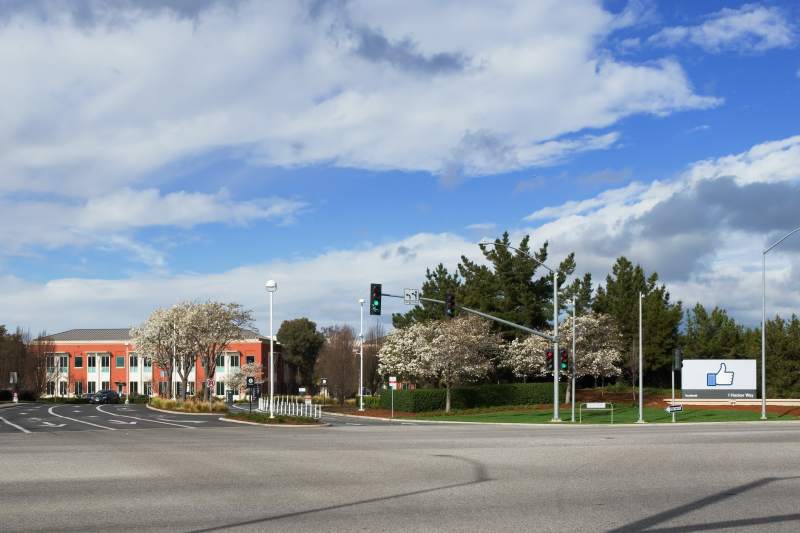Deactivating Facebook leads to lower online activity, reduced knowledge of current events and a small bump in subjective wellness, a Stanford and New York University study found.
Participants in the study, who were paid $102 to deactivate their accounts for a month, also reported lower scores on a scale called “polarization of issues,” though other measures of political polarization had mixed results.
However, researchers also wrote that there was “little doubt” that Facebook provides substantial benefits to its users. A majority of study participants told researchers that they valued a month of Facebook use at over $100, although this number dropped below $100 when participants who spent a month off Facebook were asked to reevaluate their price point.
The research team — which included economics professor Matthew Gentzkow, Luca Braghieri M.A. ’14 and Sarah Eichmeyer M.A. ’16 — also cited the hour a day the average participant spends browsing Facebook as “itself suggestive of the substantial value it provides.”
In a prepared statement, Facebook representatives told The New York Times that the team’s study was “one study of many on this topic; it should be considered that way.”
Facebook’s statement also quoted the study itself, including a line that “any discussion of social media’s downsides should not obscure the fact that it fulfills deep and widespread needs.”
According to the Stanford-NYU study, there are some reasons for optimism when it comes to the welfare impact of social media. For example, individual welfare — driven by the happiness that comes from making interpersonal connections — can increase as social media eases these connections. However, there have also been concerns pointing to a negative correlation between social media use and well-being and mental health.
“Four weeks without Facebook improves subjective well-being and substantially reduces post-experiment demand,” the study stated. “[This suggests that] forces such as addiction and projection bias may cause people to use Facebook more than they otherwise would.”
Recent findings, such as those presented in the Stanford-NYU study, have made the compelling argument that social media is addictive, especially for younger age groups. According to the study, all the participants intended on using Facebook less after not being connected for a month. Two months after the study concluded, only 5 percent of the participants continued to abstain, showing that, as they began to integrate Facebook back into their lives, they became addicted once again.
Contact Leily Resvani at lresvani ‘at’ stanford.edu.
